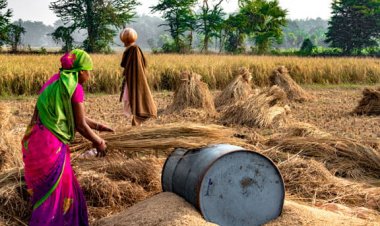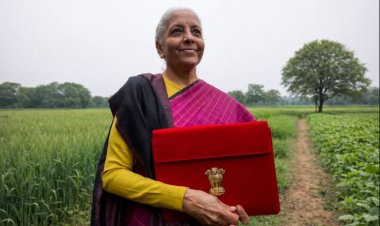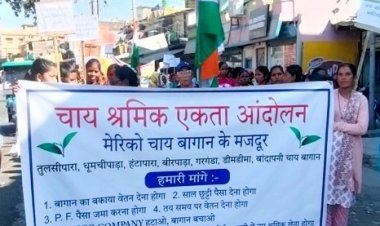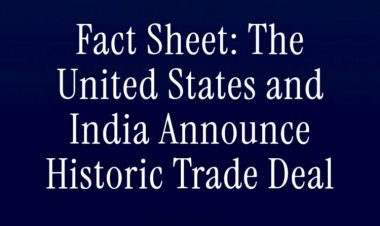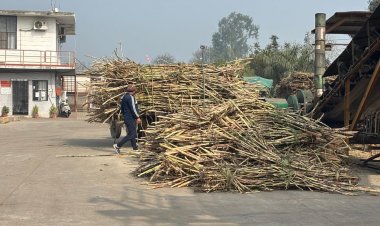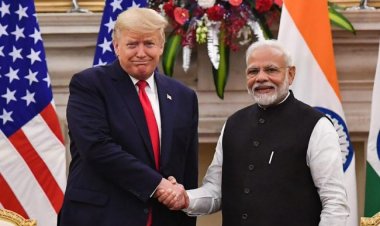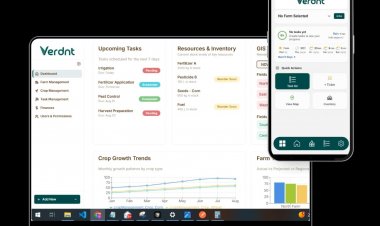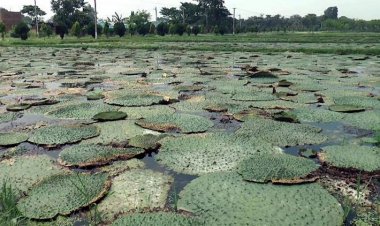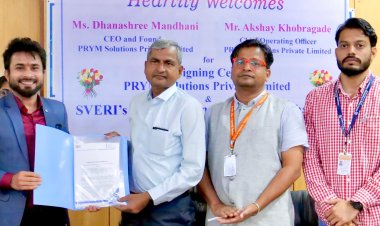India to be price setter for fertiliser in global market: Mansukh Mandaviya
India will be a price setter for fertiliser in the global market, Union Minister for Chemical and Fertiliser Mansukh Mandaviya has said. "We are increasing domestic production and making long term arrangements for imports with exporter countries. It will give us an opportunity to get fertiliser at our price. We have done this in the recent past when exporters were not ready to sell Di-Ammonium Phosphate (DAP) below 950 to 1000 dollars per tonne. But we set the upper price at 900 dollars per tonne
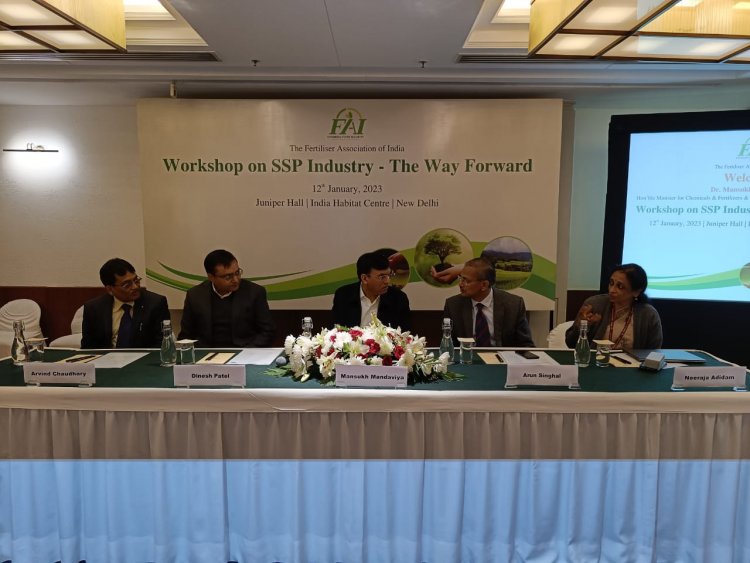
India will be a price setter for fertiliser in the global market, Union Minister for Chemical and Fertiliser Mansukh Mandaviya has said.
"We are increasing domestic production and making long term arrangements for imports with exporter countries. It will give us an opportunity to get fertiliser at our price. We have done this in the recent past when exporters were not ready to sell Di-Ammonium Phosphate (DAP) below 950 to 1000 dollars per tonne. But we set the upper price at 900 dollars per tonne.
“Now the same DAP is being imported at around 750 dollars per tonne. We are also moving to alternative nutrients and it will reduce our import dependence,” he said addressing a workshop on Single Super Phosphate (SSP) ‘SSP-Industry - The Way Forward' organised by Fertilizer Association of India (FAI) on Thursday in New Delhi.
SSP fertiliser is considered an alternative to DAP, the minister said. “So far, fertiliser prices used to be set by global players. But, in 2024, India will set the fertiliser price. I told global suppliers that we know how to make available alternative fertilisers. India has done it in the case of DAP by promoting SSP. We will ensure that farmers are not affected,” Mandaviya said.
Mandaviya said how he has been suggesting companies not to import DAP above a certain level and as a result global prices have been falling.
“We will bring down the DAP cost to below $ 650/tonne level this month. Before the end of March, DAP will come down to the original price at what it was sold earlier (before the Russia-Ukraine war),” he said.
The minister also said that many global suppliers have signed three-year long-term agreements with Indian companies for assured supply.
Global firms have realised that if India stays back, demand will not be created. If one country refuses to supply, another two countries should be made ready for the country’s import requirement, he asserted.
Exhorting SSP manufacturers to explore demand for SSP in neighbouring countries, Mandaviya offered to facilitate export so that the units can run to their full capacity.
Against 120 lakh tonnes of installed capacity of 101 units, SSP production in 2022-23 is estimated to be 55-56 lt which the industry attributed to low demand. In 2022-23, sales of SSP are likely to drop by 9 per cent, industry officials said.
Responding to demands from SSP manufacturers, the minister said unless the industry wins back the confidence of farmers by not compromising on quality, the domestic demand will not be raised.
Fertiliser Secretary Arun Singnhal, citing the example of the wine industry in Australia, asked SSP manufacturers to emulate the model for which the government would provide all necessary support.
He said the wine industry promised to maintain quality for which the government in Australia empowered them to act against their members who do not conform to standards.
He said that the government has data on all manufactures. “I will ensure that nobody cheats farmers on quality parameters. It is the responsibility of the industry to win the trust of the farmers. Government is ready to support the industry to create an SSP park for SSP manufacturing. It will be good to meet domestic requirements and have the potential to export to neighbouring countries,” he said.
Singhal said the industry must self-regulate itself. Industry associations must collect samples from each and every manufacturing unit to ensure that there is no quality issue and wherever it finds an issue, action must be taken by the association.
All data should be available in public domain and the SSP industry should also work on product innovation to create demand, he said and cited an example of such product innovation by a manufacturer.
Arvind Chaudhary, Director General of FAI, said that the industry is preparing a detailed proposal for setting up two SSP Parks – one in Visakhapatnam on the east coast and another in Bhavnagar on the west coast.



 Join the RuralVoice whatsapp group
Join the RuralVoice whatsapp group


















